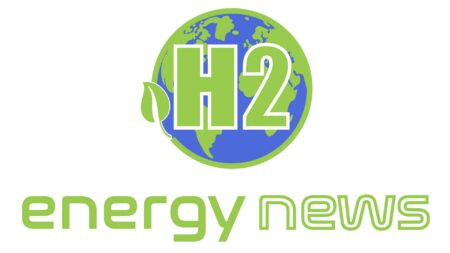While global attention focuses on hydrogen investments in various regions, Japan is quietly spearheading hydrogen initiatives in Southeast Asia.
Browsing: Report
In the relentless pursuit of greener and more sustainable energy solutions, the emergence of fuel cell vehicles (FCVs) powered by hydrogen fuel cells has ignited hope. However, the path to widespread adoption has been laden with challenges, from infrastructural gaps to safety concerns.
Unveiling a comprehensive market analysis, the India Hydrogen sector is poised to drive a paradigm shift in the country’s energy landscape. With a meticulous assessment of market dynamics, growth drivers, and industry strategies, this report delves into the intricacies of India’s foray into the hydrogen frontier.
The Chairman of the Board of Directors of the Egyptian Hydrogen Company, Eng. Khaled Naguib, has called for a strategic partnership between Egypt and Saudi Arabia to establish a strong foothold in the hydrogen market.
As the world embraces the urgency of decarbonization, Ecuador sets its sights on the potential of green hydrogen to reshape its energy landscape. The recently formed Ecuadorian Association of Green Hydrogen, H2Ecuador, unveils an ambitious roadmap, outlining three pivotal phases for the development of this alternative energy source.
The transport authority of Lower Saxony in Germany has unveiled a bold plan to deploy 102 electric trains starting in 2029. This move comes as a potential setback for hydrogen-powered trains, specifically Alstom’s iLint Coradia, which currently runs on the EVB network.
As the aviation industry grapples with the urgent need to reduce its carbon footprint, a groundbreaking study by the International Council on Clean Transportation (ICCT) unveils a promising solution – regional turboprops retrofitted with hydrogen fuel-cell propulsion.
Companies like Nikola Corporation and First Hydrogen are pioneering the way forward, making strides in the development of hydrogen fuel-cell electric vehicles (FCEVs) and hydrogen refueling infrastructure.
As the world grapples with the urgent need to transition to sustainable energy sources, hydrogen has emerged as a shining star in the clean energy revolution.
Germany, a pioneer in the global energy transition, has been actively seeking ways to integrate hydrogen and gas power plants into its energy mix to address intermittent power supply from renewable sources like wind and solar.


